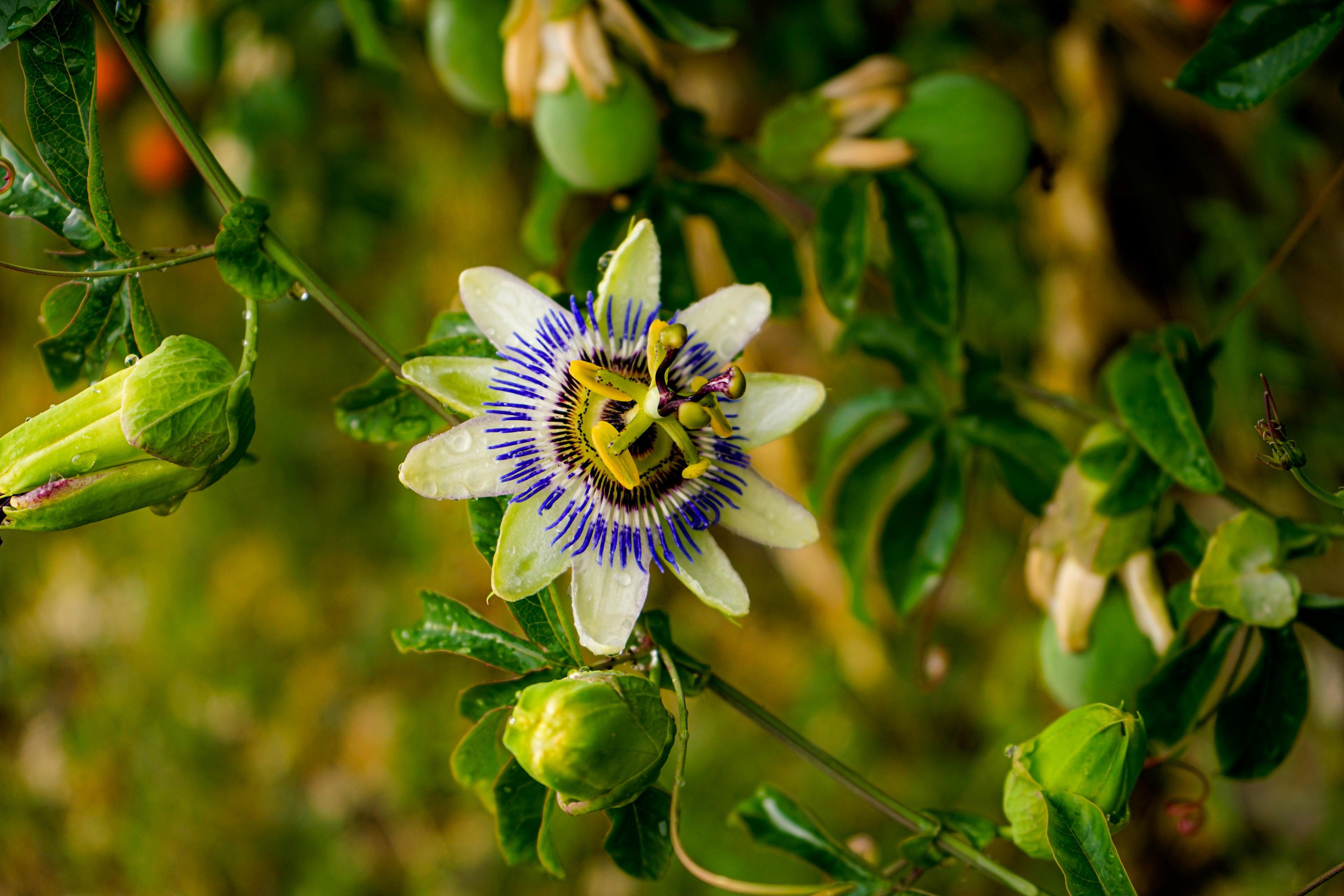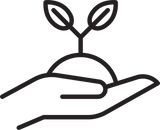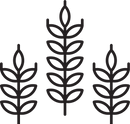Herbalism is a nuanced practice, far more intricate than simply lumping herbs together for sleep, digestive health, or immune support.
As the cold and flu season approaches, we are urged to reach out for echinacea. But what if I told you that’s not quite how to use it effectively?
Each herb interacts with your body uniquely, even if they target the same system. This complexity is particularly relevant when discussing immune health. To ensure you’re safe and genuinely effective in your approach, let’s explore the differences between acute and long-term immune support and discover the best options for each. And don’t miss out—stick around until the end for a delicious recipe!
Immune Stimulants Vs Modulators
When examining immune support through the lens of acute versus long-term use, immune stimulants are used acutely, and immune modulators are used long-term. Immune stimulants are best used at the first sign of infection while actively fighting an illness or for individuals with compromised immune systems. In contrast, immune modulators are more suitable for long-term preventative maintenance and managing conditions like autoimmune diseases and allergies.
In simple terms, immune stimulants activate the immune system, providing a quick response, whereas immune modulators help regulate and balance it. While immune stimulants act rapidly, they require continuous use to maintain their effects. On the other hand, immune modulators can be viewed as tonics used less frequently and have a slow, balancing action. Energetically, immune stimulants tend to change the body's temperature more rapidly, while immune modulators generally can be tolerated by a broader range of constitutional types. However, it’s still essential to consider an individual’s unique constitution when selecting the appropriate herb.
The Risks of Constant Immune Activation
You may wonder why constant activation of the immune system might be harmful. While it seems logical that alerting the immune system would fend off invaders, our immune systems are inherently productive and intelligent. They don’t require constant boosting; they function effectively with proper support. Continuous stimulation can lead to overactivity, contributing to conditions like autoimmune diseases.
Supporting the immune system's natural functions is more beneficial than perpetually boosting it. Immune modulators can be taken daily, but it’s crucial to complement their use with other supportive measures. The immune system is intricately linked to nearly every bodily system, including the lymphatic, digestive, and bone marrow. Thus, relying solely on immune-boosting herbs without addressing these interconnected areas can lead to ineffective outcomes.
A holistic approach that includes proper nutrition, hydration, rest, and stress management is vital for optimal immune health.
Immune Stimulant Herb Examples
1. Echinacea, Echinacea spp.
The root of echinacea is classically used as an immune stimulant. It activates phagocytosis, stimulates fibroblasts to aid connective tissue formation, and enhances white blood cell activity. These actions make echinacea effective against bacterial and viral infections like influenza and colds. It explicitly targets upper and lower respiratory tract infections, including bronchitis, tonsillitis, and laryngitis.
2. Usnea, Usnea spp.
Usnea contains a constituent known as using acid, which is responsible for its antibacterial and antimicrobial action. It also contains antioxidants like flavonoids and lignans. It can be used for digestive, urinary, and respiratory tract infections and is specific for infections with a fever.
3. Andrographis, Andropgraphis paniculata
Andropgraphis is a potent bitter tonic often used for infections of the gastrointestinal system, such as intestinal worms. It can also be used for infections of the respiratory system.
Immune Modulating Herb (& Fungi) Examples
1. Medicinal Mushrooms
Medicinal mushrooms like reishi and turkey tail, as well as many that you might think of as culinary mushrooms like shiitake, are great for balancing the immune system and can be used when overactive or compromised. Reishi, in particular, can also be used as a tonic nervous system, helping to relieve stress and anxiety, significantly benefiting the immune system. All in all, eat more mushrooms!
2. Astragalus, Astragalus membranaceus
Astragalus is an essential antiviral, adaptogenic root in Traditional Chinese Medicine and is used for a deficient immune system or what is known as chronic fatigue immune deficiency syndrome (CFIDS). Reducing the overactive and sensitive immune systems in hay fever and autoimmune diseases is terrific. Still, it should not be taken if there is an infection, as it can drive it deeper into the body. Astragalus is one of my favorites to toss in soups and broths to stay preventative against illness.
3. Garlic, Allium sativum
Garlic is both a food and medicine, making it easy to incorporate. It is a powerful antiviral and antimicrobial, making eating it regularly one of the easiest ways to support the immune system. One of the main constituents to thank is alliinase, which is only released when the cloves are crushed, so don’t skip that step!
When They Are Both
Elderberry is an excellent example of an herb that can be an immune stimulant and modulator, whether used acutely with a cold or flu or as a preventative tonic! It is antiviral and can fight infection. It is also an antioxidant berry that supports inflammation in the body and heart health, among many other things that can support overall health.
Important Considerations
It’s essential to recognize that the health and function of our immune system extend far beyond the herbs we consume. Our day-to-day interactions with the environment—including the food we eat, our community, and our mental well-being—play a crucial role. David Hoffman aptly noted, “Human immunity is ecology in action.” When considering long-term immune health, it’s vital to look at all body systems, including the nervous, lymphatic, and digestive systems (since most of the immune system resides in the gut). Physical activity, nutrition, sleep, stress levels, and even spiritual health significantly contribute to a robust immune system. Therefore, taking a relaxing bath, hiking, doing yoga, making a nourishing dinner, being with loved ones, and journaling could all be considered activities that strengthen our immunity.
Immune Mocktail
This mocktail combines immunomodulating and immunostimulant herbs. It is perfect for drinking at a get-together to keep your immune system healthy, after travels, or when you are already under the weather and want a yummy beverage!
Ingredients:
-
½ cup of Avery Apothecary's Elder Immunity tea
-
⅓ cup of orange juice
-
1 Tbsp elderberry syrup
-
½-⅓ cup sparkling water
-
Ice
Directions:
-
Start by making your tea according to the directions on the bag for 1 cup, but only use ½ cup of water to make it strong.
-
Once steeped, let it come to room temperature so you don’t melt the ice.
-
Add your ice, elderberry syrup, and orange juice to a glass to a glass.
-
Add your tea and top it off with sparkling water.
This is a tasty mocktail and a fun way to keep your immune system healthy!













Leave a comment